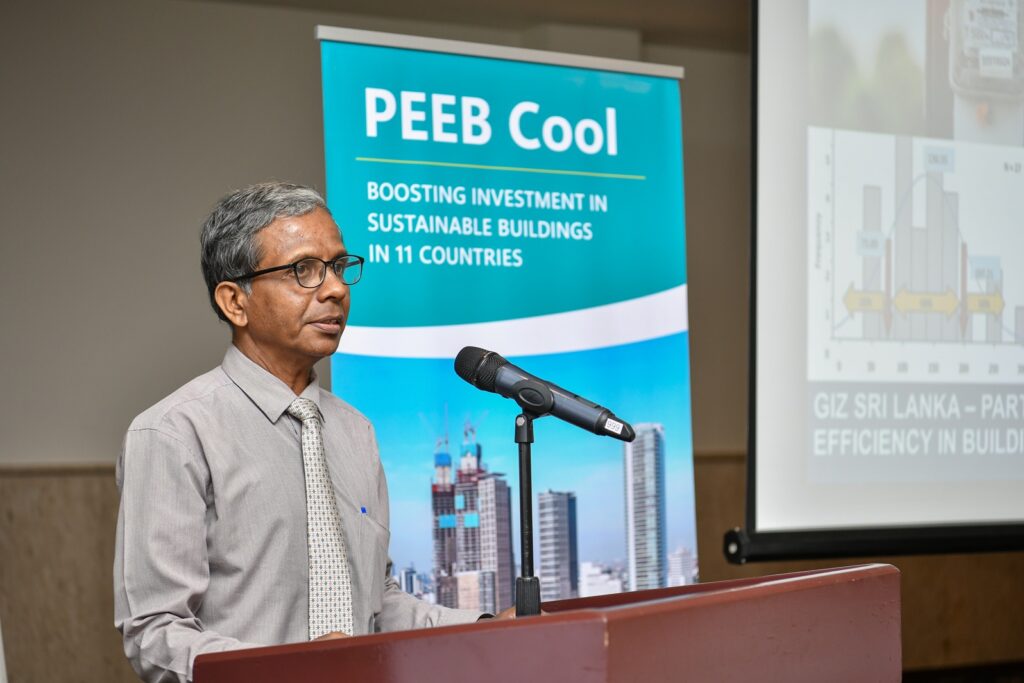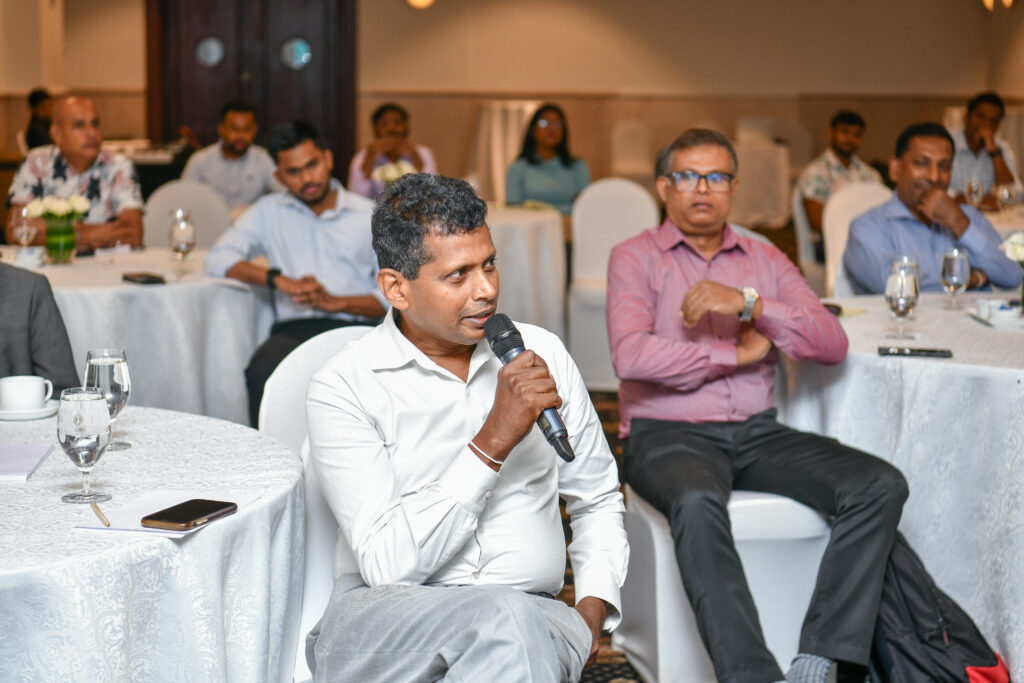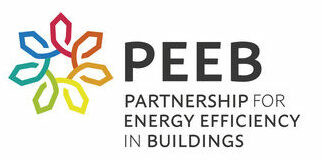In hotels, sustainability is a matter of competitiveness: energy efficiency and resilience reduce the sector’s high energy-related operational costs. This is why the Ministry of Energy and the Sri Lanka Sustainable Energy Authority (SLSEA) is collaborating with the Partnership for Energy Efficiency in Buildings, implemented by GIZ Sri Lanka, to create an energy benchmarking framework for the countries’ hotel sector.
PEEB and SLSEA gathered hotel operators, regulators, and technical experts to collaboratively shape the proposed hotel sector energy benchmarking framework on November 4, 2025, at the Kingsbury Hotel in Colombo. This initiative aims at aligning the sector with the upcoming Energy Benchmarking regulation, a key tool in Sri Lanka’s commitment to an efficient and resilient built environment.
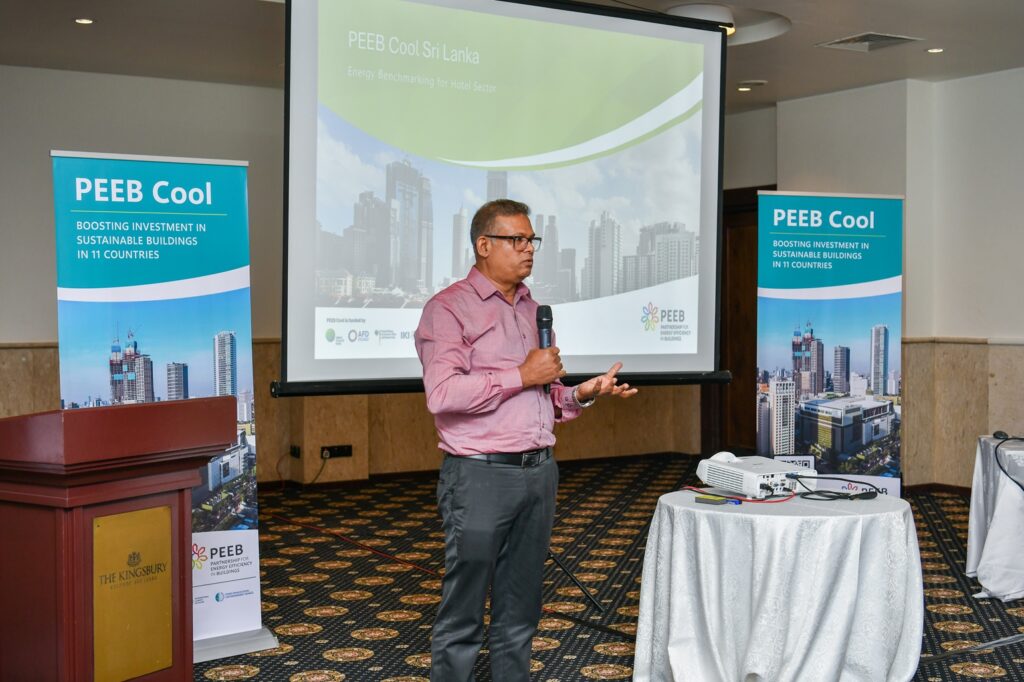
Background
Sri Lanka’s hotel sector comprises a diverse mix of star class facilities, high end resorts, boutique hotels, and mid-scale accommodations each with unique energy consumption patterns driven primarily by HVAC, hot water generation, kitchens, and laundry operations. These systems together account for a significant share of operational costs.
As the sector plays a vital role in GDP, employment, and foreign exchange earnings, improving energy efficiency offers a dual benefit: reducing operating costs while enhancing sustainability credentials that appeal to environmentally conscious travelers. Recognizing this, SLSEA has initiated steps to extend energy benchmarking to the hotel sector, developing scientifically robust Energy Performance Indicators (EnPIs) and benchmarks to guide the transition toward low carbon operations.
Benchmarking: a powerful instrument to promote efficiency by design in hotels
The workshop introduced sector stakeholders to the concept of energy benchmarking and explored benefits, opportunities, and best practices. Learnings from the workshop laid the foundation for discussing data collection approaches and refining benchmark design: the session also featured interactive discussions on data collection methodologies and practical strategies for energy benchmarking & continuous improvement in energy performance.

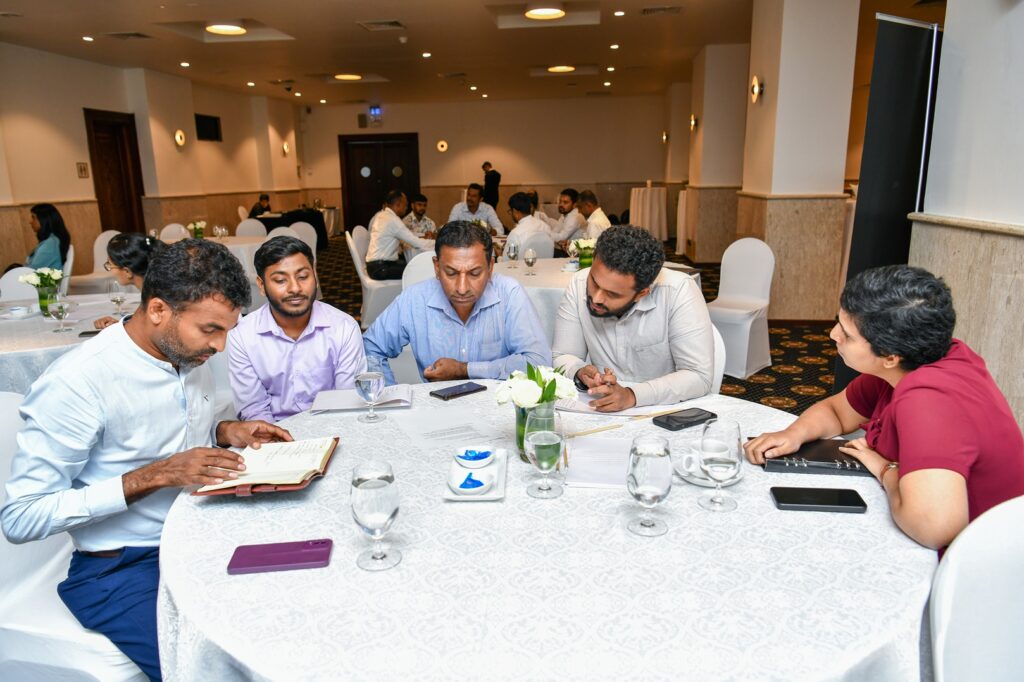
Participants identified a range of challenges and opportunities for effective energy management in the sector:
- Hotels represent a diverse set of energy consumption patterns based on their unique functionalities, operational scales, and qualitative aspects. Participants emphasized that normalization is crucial to ensure fair and practical benchmarks across identified subcategories.
- Many facilities operate with aging or oversized chillers, emphasizing the need for right sizing and efficient design.
- Integration of energy efficiency at the design stage was identified as a key enabler for long term savings.
- Submetering and accurate data collection, particularly in older buildings, remain critical gaps to be addressed.
- Operational staff engagement and economic constraints were recognized as ongoing challenges to achieving sustained performance improvements.
- Several operators have initiated internal benchmarking, adopted renewable energy systems, and are pursuing energy management certifications to strengthen sustainability performance.
Industry actors leading the way forward
The workshop reinforced the importance of establishing national energy benchmarks for hotels to promote data driven energy management, enhance competitiveness, and support Sri Lanka’s sustainable tourism vision. Moving forward, close collaboration with the hotel sector will be essential for comprehensive data collection, which will help refine and validate the proposed benchmarking framework and develop specific benchmarks for different hotel sub sectors across the country.
Encouragingly, many participants expressed a strong willingness to voluntarily register with the SLSEA’s National Energy Benchmarking Portal ahead of the formal implementation of the forthcoming regulations demonstrating the sector’s proactive commitment to sustainability and performance improvement.
